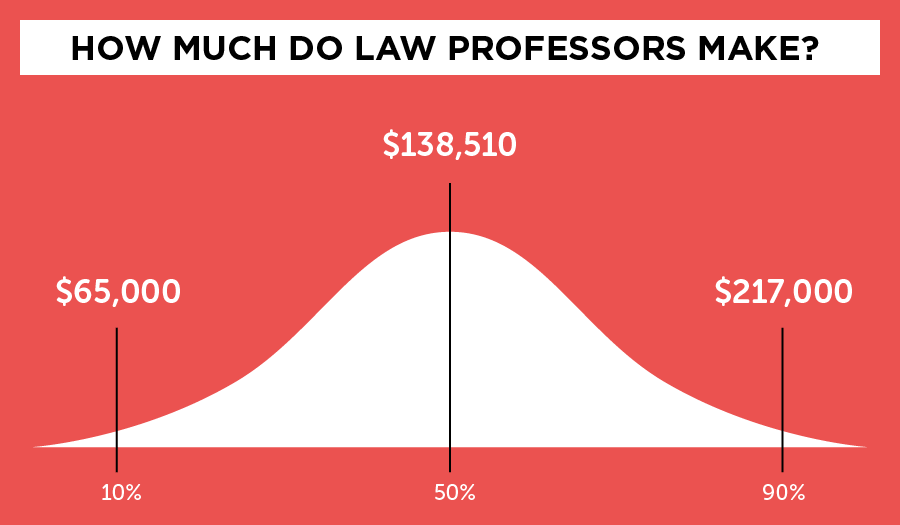Evidence Law
Overview and Practice Tests
 By Andrei Zakhareuski, BarPrepHero, Founder/CEO
By Andrei Zakhareuski, BarPrepHero, Founder/CEOMore help for you
What is Evidence Law?
Evidence law is the branch of law concerned with the rules and methods by which evidence is admitted and used in a legal trial. These rules set out what type of evidence can be admitted for consideration by a judge or jury in a trial. Evidence law also concerns the type of objections that can be raised to certain evidence being admitted, such as hearsay, illegally-obtained evidence, or a privilege that prevents the evidence in question from being admissible at trial.
Start Preparing for Your Bar Exam Now
Types of Evidence Law
Analogical
Analogical evidence is evidence that draws parallels between similar things and the facts attempted to be admitted. This is usually used when not much is known about the information in question, and is a pretty weak form of evidence. This can involve case studies and statistical reports.
Anecdotal
Anecdotal evidence is evidence that is presented in the form of a story. This is usually given as testimony by someone who is testifying in a trial.
Character
Character evidence is evidence that is used to reflect on the character of somebody. This can take the form of character witnesses, who testify as to the person’s character, or documents that can show a person’s past behavior or predisposition to certain actions or behaviors such as honesty.
Circumstantial
Circumstantial evidence is evidence that relies on an inferential leap to make a conclusion. It does not directly establish the existence of a fact, but makes an implication that the fact exists. This type of evidence includes fingerprints at the scene of a crime or a witness sighting of somebody near the area of a where a crime took place.
Demonstrative
Demonstrative evidence is evidence used to make a demonstration of something. This can include photographs, charts, drawings, or anything that makes a demonstration to the judge or jury to help them understand something in a case.
Digital Evidence Direct Evidence
Digital evidence is any evidence that is stored electronically. This includes phone call or text messaging history or GPS location information. This information is typically acquired when electronic devices are obtained by law enforcement or when law enforcement asks for information from a company that stores the electronic information, such as a cell carrier.
Documentary
Documentary evidence is evidence that is evidence presented in a documentary form, as opposed to physical evidence or testimony. This can include photographs, printed documents, or video.
Exculpatory
Exculpatory evidence is any evidence that tends to show that a criminal defendant is not guilty. This can include an alibi or forensic evidence that does not belong to the defendant. Exculpatory evidence is required to be disclosed to the defense by prosecutors if the prosecutor comes across such evidence.
Forensic
Forensic evidence is evidence that is obtained by scientific methods, such as DNA or blood.
Hearsay
Hearsay evidence is evidence that is secondhand, out-of-court testimony that is presented to prove the truth of something. One example is testimony about a statement that somebody who is not before the court made. There is a general rule against admitting hearsay evidence, but there are many exceptions to the rule against hearsay evidence.
Physical
Physical evidence is evidence that is physical or tangible. This includes fibers, footprints, fingerprints, or dental impressions.
Prima Facie
Prima facie evidence is evidence that is not conclusive evidence of a fact but that tends to support or establish that fact. Prima facie evidence is usually presumed to establish a fact unless other evidence proves otherwise.
Statistical
Statistical evidence is evidence that uses statistics to present a proposition or hypothesis. This includes statistics or statistical studies of all kinds.
Testimonial
Testimonial evidence is testimony given by a witness in court under oath. Testimonial evidence can be used as character evidence, to establish or dispute a fact, or can be presented by an expert who can testify about a certain issue in the case.
How to Become an Evidence Law Attorney
The journey to becoming an attorney begins with an undergraduate degree. A political science or criminal justice degree may be helpful, but is not required to be admitted to law school. After earning a bachelor’s degree, a prospective applicant will sit for the LSAT and apply to law school. In law school, a law student will spend about three years studying the law generally, as well as for the specific state the law school is located. During law school, a law student can gain valuable experience by interning or working for judges or local law firms, participating in extracurricular activities such as law journal or moot court, or helping a law professor or attorney with legal publications. After graduation, one must take and pass the Bar exam and the Multistate Professional Responsibility Exam (MPRE). Once a passing score is achieved on both these exams, a student can be sworn in to practice as an attorney and receive their law license.
Requirements
- Bachelor’s Degree
- Taking and passing the LSAT
- Graduation from law school
- Successful Bar exam and MPRE passage
- State law license
- Practical experience for some positions is required
Job Description and Duties
An attorney who chooses to specialize in evidence law has a few different paths he or she can follow. One path is becoming a criminal defense attorney. A criminal defense attorney must know the Rules of Evidence and navigate the procedures around evidence in a criminal trial. To prepare the best defense to his or her client, a defense attorney may file a motion to suppress certain evidence from being admitted or may need to successfully challenge objections to the admission of certain evidence.
Another option for an evidence law specialist is to become a law professor and teach evidence law to law students. An evidence law professor will teach law students the Rules of Evidence and how to use evidence in a court of law. Often, law professors will also write articles or books for publication, such as legal journal articles or textbooks in their field of specialization.
Salary Information and Employment Outlook
If you decide to teach evidence law as a law professor, you can expect an average salary of $138,510, with a salary range between $65,000 to $217,000. According to the U.S. Bureau of Labor Statistics (BLS), the projected job growth for lawyers from 2016-2026 is 8%.

Evidence law attorneys have several paths available to them, depending on their interests. Criminal defense attorneys can work for the court as an appointed defense attorney, work in a law firm, or even open his or her own firm. Many firms require specialized experience before they will hire someone as an attorney, so gaining as much relevant experience during law school as possible is helpful to becoming a criminal defense attorney.
Law professors can teach basic evidence law to law students, as well as more advanced type of evidence classes. In addition to teaching, law professors write and get published frequently. Someone who wants to be a law professor would gain valuable experience by working on their school’s law journal, being a competitive brief writer, or getting published in a legal journal. It is also a great addition to one’s resume to help a professor or attorney with a publication they are working on.
Understanding the intricacies of evidence law is vital for Bar exam success. If you’re curious about your opportunities for retaking the exam, discover how many times you can take the Bar exam to ensure thorough preparation and strategy.
Interested in a legal career beyond traditional paths? Explore how you can qualify to take the Bar Exam without completing law school, opening doors to diverse legal professions, including evidence law.
If you are working on prepping for the bar exam, we have the resources to help. Our free MBE practice tests can guide you in the right direction, and we even have a premium program that guarantees you will pass the bar exam.

